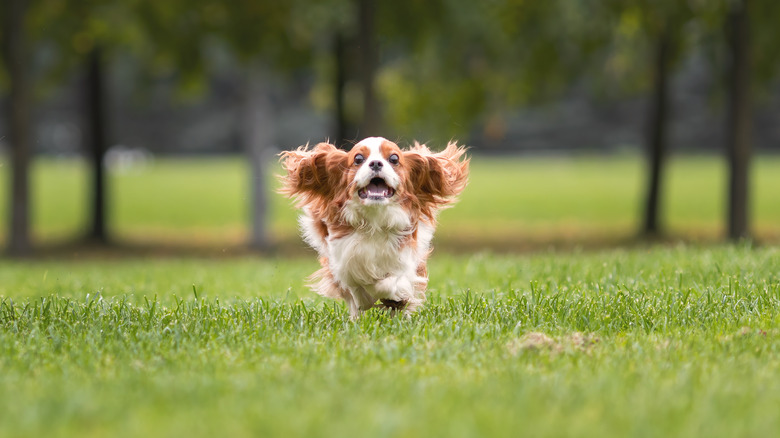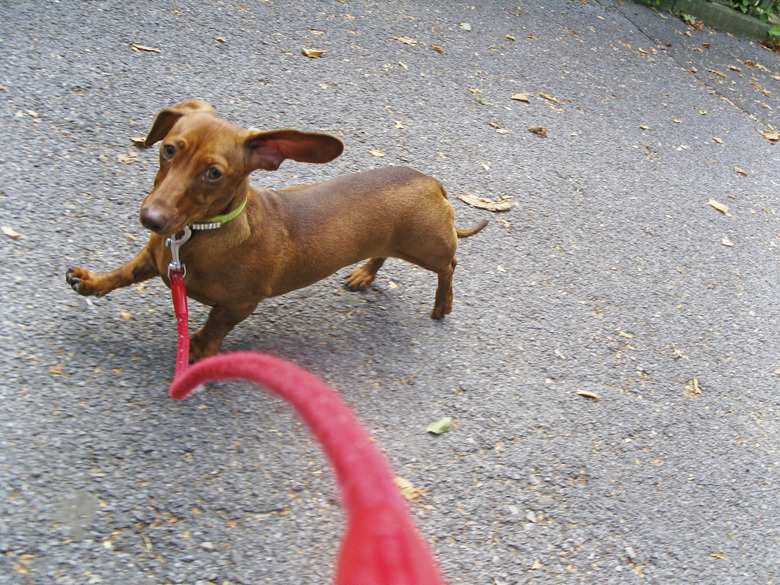Drugs To Calm Down A Hyper Dog
There is a difference between an active dog with a lot of energy, such as a border collie, and a dog who is hyper beyond what is normal. Before giving medication to calm a hyper dog, talk to your vet. There may be an underlying condition, or you may simply need medication to calm your dog down during fireworks or a thunderstorm.
Causes of a hyper dog
Causes of a hyper dog
Understanding the reasons your dog is hyper and identifying any underlying medical conditions can help your veterinarian prescribe the best medication to calm your dog down. Some dogs are frightened by loud noises and become extremely fearful and anxious. While this can make some dogs hide or freeze, others may become restless or hypervigilant and start pacing, vocalizing, or shaking.
Dogs with constant hyperactive behavior may also benefit from medication. It is important to make sure that it is a genuine problem and not a training issue. Your veterinarian can help you determine the need for daily medications.
Medication to calm a hyper dog
Medication to calm a hyper dog
Prozac is a safe and commonly prescribed daily medication for hyper dogs. Decreased appetite is the most common side effect. If you only need medicine to calm dogs down during a storm or other occasional events, your vet may consider an option such as trazodone or Xanax. You will notice that your dog may appear slightly sedated when on these medications.
Your vet will do a thorough physical exam to rule out any issues, such as liver disease or epilepsy, that may interfere with the medication. Never use pills to calm dogs down, especially medications prescribed for humans, without first consulting with your vet. Some medications can be toxic to your dog. For example, amphetamines, which can be given for ADHD in humans, can cause symptoms such as agitation, dilated pupils, vomiting, diarrhea, and seizures if the wrong dose is administered.
Other treatment options
Other treatment options
For dogs with less severe hyperactivity or anxiety, natural alternatives might be helpful. Calming pheromone products, such as Adaptil, can provide a calming effect for some dogs. There is also a variety of supplements that may be helpful for your dog. Zylkene, for example, contains the calming milk protein casein, and Composure contains l-theanine, which helps to increase dopamine levels.
Some dog owners report good results with natural supplements, while others find they make little difference. Some dogs may also respond well to anti-anxiety wraps that apply a comforting pressure. Try these options to see what works for your pup.
Behavioral modification and training
Behavioral modification and training
While medication is incredibly helpful for some dogs, training and exercise also play a role in your dog's energy level. Make sure that your dog is getting sufficient exercise. Some dogs may be fine with just one walk a day, while other breeds may need more than one walk or a more strenuous activity session. Playing games, like fetch, with your dog can also help him burn excess energy.
For some dogs, especially working and herding breeds, exercise may not be enough. These dogs may need to feel that they have a job, so participating in a sport or activity, such as agility training, herding, or dock diving can give your pup a purpose and the stimulation he needs.
Take the time to do obedience training to teach a variety of commands. Not only does this engage your dog mentally but commands like "come," "down," and "stay" can be extremely useful to redirect an anxious dog.


